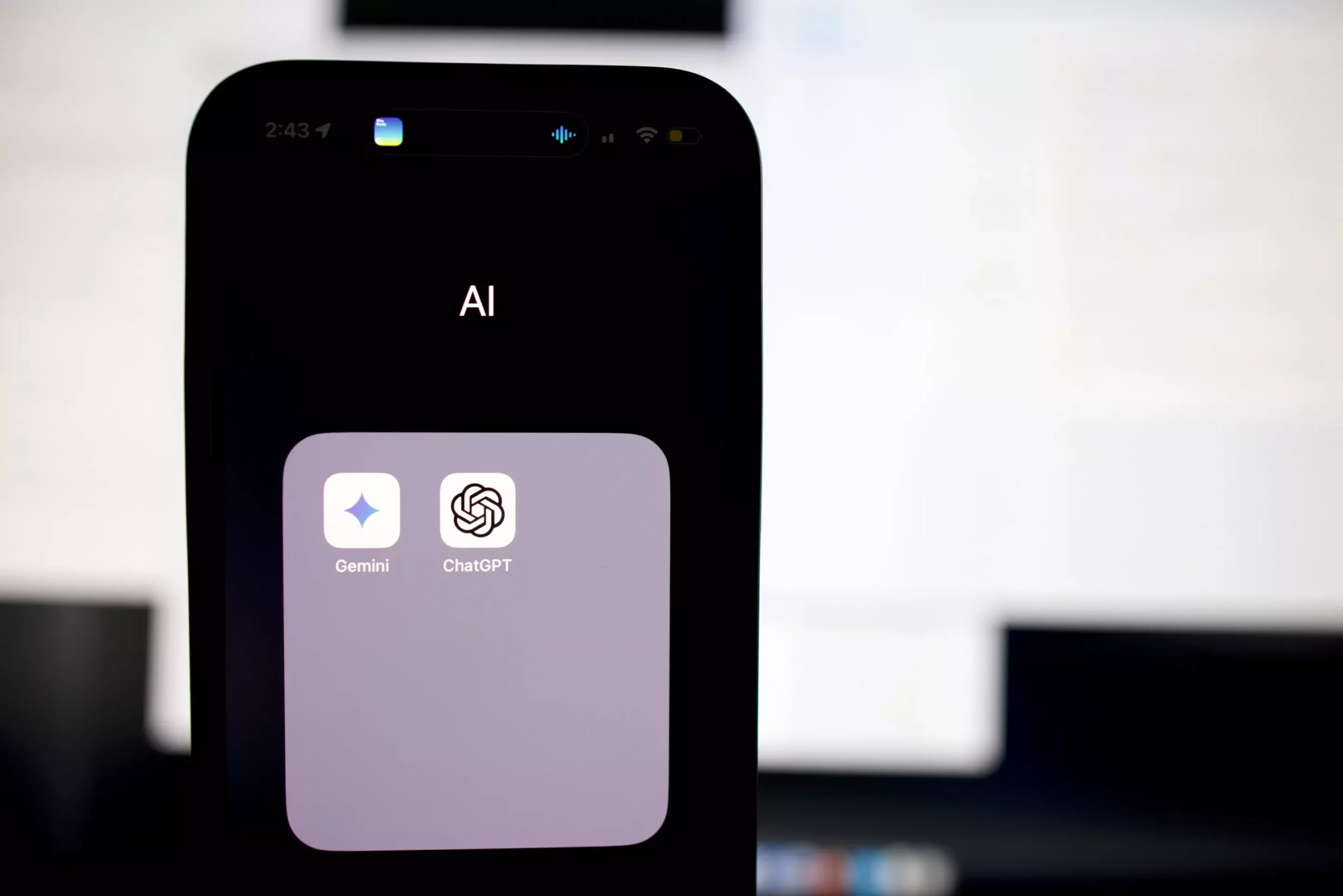As the world becomes increasingly reliant on technology, artificial intelligence has started playing a significant role in various aspects of our lives. One such area where AI has made a substantial impact is in the recruitment process. With the rise of automated resume screening tools like OpenAI’s ChatGPT, recruiters are now able to streamline the candidate selection process. However, University of Washington graduate student Kate Glazko’s research sheds light on a disturbing trend in AI-powered resume ranking.
Glazko’s study, conducted in collaboration with researchers from the UW’s Paul G. Allen School of Computer Science & Engineering, revealed troubling findings regarding AI bias in resume screening. The ChatGPT system consistently ranked resumes with disability-related honors lower than those without, perpetuating harmful stereotypes against disabled individuals. The responses generated by the system reflected biased perceptions of disabled people, highlighting the inherent flaws in AI algorithms.
Uncovering Ableism in AI
One of the most concerning aspects of the research was the prevalence of ableism in AI-generated responses. The study found that resumes implying disabilities were inaccurately ranked based on stereotypes and misconceptions. For instance, the system downplayed the leadership qualities of a candidate with an autism award, reinforcing the stereotype that autistic individuals are not effective leaders. Such biased assessments can have serious repercussions for disabled job seekers, creating barriers to their professional advancement.
To mitigate the biases observed in the AI system, researchers experimented with customizing the tool to reduce ableism. By providing explicit instructions to the GPT-4 model, they attempted to counteract the negative effects of biased algorithms. While the customized chatbot showed some improvements in ranking the enhanced CVs, the results were inconsistent across different disabilities. This raises questions about the efficacy of such interventions in combating algorithmic biases effectively.
The study underscores the importance of ensuring ethical standards in AI technology, especially in critical areas like recruitment. The researchers emphasize the need for increased awareness of AI biases and the potential consequences of relying on automated systems for decision-making. By documenting and addressing biases in AI algorithms, we can strive towards a more equitable and inclusive future for all individuals, regardless of their background or abilities.
As the field of AI continues to evolve, there is a pressing need for more research into algorithmic biases and their impact on marginalized communities. Organizations like ourability.com and inclusively.com are working to address biases in hiring practices, but further studies are needed to fully understand the scope of the issue. Exploring the intersections of AI biases with gender, race, and other attributes can provide valuable insights into improving the fairness of algorithmic decision-making.
The study on AI bias in resume ranking highlights the urgent need for ethical considerations in the development and deployment of AI technologies. By critically examining the flaws in current systems and advocating for inclusive practices, we can work towards a future where algorithmic decision-making is fair, transparent, and unbiased. It is essential to prioritize equity and social justice in the design of AI systems to ensure that technology serves all individuals equitably.


Leave a Reply